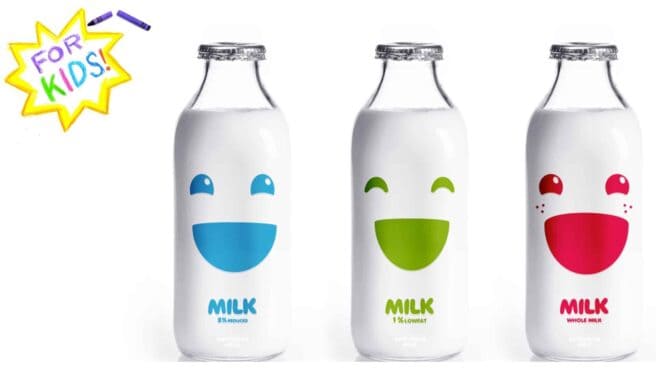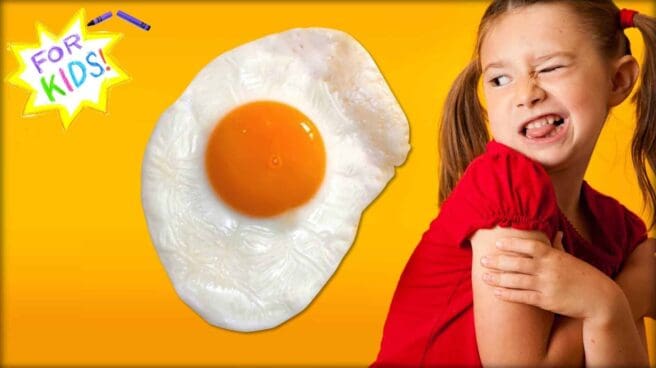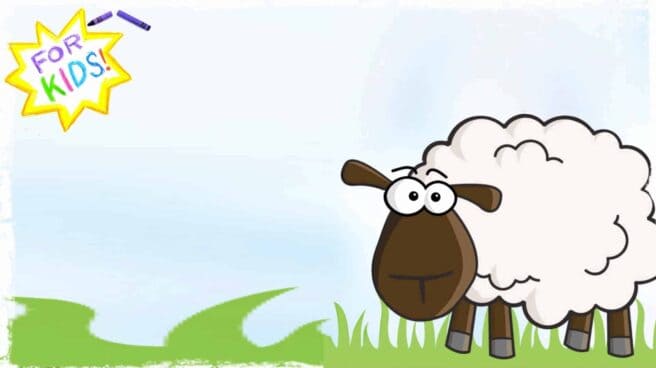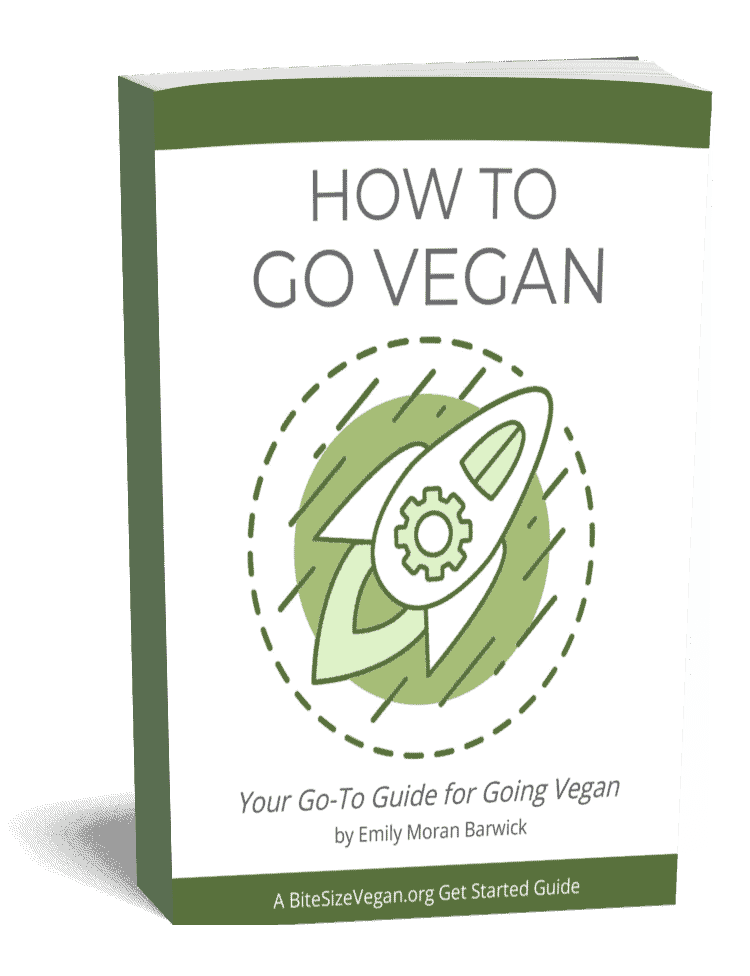Is honey vegan? This video is for kids! [but adults can watch too!] Today we’re going to talk about how honey is made, which is pretty gross, why taking it from the bees who make it isn’t good for them.
If you’re a kid, and do don’t think bee barf sounds like something you want to eat, then this video is for you! I’m so excited to be making another video just for you. So far in my videos for kids we’ve talked about why we don’t drink milk, or eat meat or eggs, and heard from real vegan kids about why they don’t and all the tasty foods they eat instead, and even talked about how you can be a superhero for the planet, the people and the animals by being vegan. You can watch all of those videos later if you want linked below
Now just like in my other videos I promise that I’ll tell you the truth no matter what and that I won’t talk down to you, cause you’re pretty smart!
If you don’t know already, being vegan means you don’t eat animals or anything that comes out of them like milk, eggs, cheese and, as we’ll learn today, honey.
So what’s wrong with honey? Well today we’re going to talk about how honey is made, which is pretty gross, why taking it from the bees who make it isn’t good for them, and why farming bees isn’t good for the environment.
Let’s start with how honey is made. [tweet this] You probably already know that honey comes from bees. But most people don’t know exactly how it is that bees make honey. Well bees fly out to flowers and suck the nectar from those flowers with this long tongue-like thing called a proboscis. They keep the honey in their honey stomach or crops, because unlike us they have two stomachs and then when they get back to the hive, they barf. What’s even grosser is they barf into the mouth of another bee. The bees then keep barfing the honey back and forth between each other until they finally spit it into their hive for safekeeping.
Now this sounds pretty gross to you and me and certainly not something I want to be eating. But for bees, making and eating honey is totally natural and quite tasty. And honestly, it’s pretty awesome to see the incredible things other animals do, and the making of honey is pretty darn incredible!
Each bee visits 50 to 100 flowers to fill their honey stomachs. To make just one pound of honey, bees from the hive have to visit two million flowers and fly 55,000 miles. That’s farther than going around the whole world twice! Bees really are incredible! [tweet this]
In fact, to tell other bees where the good flowers are, bees will come back to the hive and do what’s called a waggle dance, where they shake their booty around and just by watching what direction the bee waggles in and for how long, other bees know where to find the flowers. It’s all based on some pretty incredible math and some pretty incredible booty action. [tweet this]
This brings me to the second part about why vegans don’t eat honey. Farming bees isn’t good for them and taking their honey away, which is their food and the food they feed to their little bee babies, certainly isn’t good for them. Bees need their honey to survive. They do all of the hard work, literally flying around the world two times over to make food for themselves and their families and then we humans step in and take it to put it on our breakfast cereals and cinnamon buns. That’s not very fair if you ask me.
Honey farming also hurts bees. Bees, like other animals and like us, can feel pain. And just like we talked about in our videos about meat, milk and eggs, it doesn’t make sense to hurt anyone who can feel pain.
For a beehive to work they need a queen bee, kind of the big bossy momma bee who runs the show. Now this is part is kind of sad, but beekeepers have their queen bees and even their whole bee colonies shipped to them in the mail. The bees can be injured and even killed while being shipped and when the queen arrive the beekeepers often tear off her wings so that she won’t fly away.
The queen is also forced to be pregnant by what’s called insemination, which is a big word and a pretty awful thing for the queen. She’s stuck in a tube where she can’t move and poked and prodded.
In the winter, beekeepers often kill the entire hive, which can be anywhere between 20,000 to 80,000 bees. You may wonder why they do this. Well, like a lot of other weird things adults do, it’s because of money.
Now the last thing we’re going to talk about is how farming bees isn’t good for the environment. You may hear that we need bees to have food and that’s true. With all the flying from flower to flower that they do, bees are doing what’s called pollinating, meaning helping plants make more plants.
But honeybees aren’t the best pollinators. Other types of bees and insects do a much better job. Honeybees aren’t even supposed to be in North America, the continent I live on, and because humans have brought them here, the other bees that lived here first and other insects that pollinate, have been kicked out and even died from diseases the honeybees brought with them. We do need bees in order to have our own food, but we need native bees and native pollinators to do the work, not the honeybees.
All in all, honey’s kind of a hot mess. It’s barfed, chewed, swallowed and re-barfed by bees, taking it from the bees is super mean because it’s their food they worked really hard to make for themselves in their families, beekeepers harm and even kill bees in order to farm the honey, and it’s not good for other bee species or the environment. So maybe we should just leave honey to the bees, shall we? [tweet this]
But there’s good news. If you really love the sweet taste of honey, there are things you can have instead. You can use something called agave nectar, coconut nectar, make your own date paste, or use a vegan honey substitute. I have links to all of those and other resources on the blog post for this video, which you can find linked up there and in the description below. And when you don’t eat honey, you help bees everywhere feed their little bee babies, and that’s pretty cool.
I hope this video was helpful. Let me know what you thought of the video in the comments and if you have other things you’d like me to cover, feel free to tell me!
If you liked this video, do give it a thumbs up and share it around to help other kids learn the truth.
— Emily Moran Barwick







Very informational, i want to watch all your [for Kids especially] videos! Even tho I’m not a kid.. Lol BUT! For honey Replacments: no MAPLE SYRUP?!! Lol BEST?
Thanks so much! That’s great to hear :) Much love!
Dear Emily,
I am a beekeeper in the eastern United States, and I stumbled across your article. The honey bee is not native to the United States, and without beekeepers, they would not survive due to pests that weaken and/or kill hives (not really a problem until the 70s).
Commercial beekeepers are mainly into pollination; they cannot compete with commercial suppliers that often use imported honey diluted with other sugars. Many of our crops yields are significantly increased by trucked in honey bees, the Florida orange crop for instance. Furthermore, the California almond crop is entirely dependent on these imported pollinators; that’s a 3 billion dollar industry btw. Do vegans consume almonds?
I keep bees because I believe it’s good for the environment, and my friends love local honey–some claim it helps with their allergies.
Tommy
Hello Tommy,
Thank you for your comment. I covered this a little more in my first video on honey (though it’s a rather old one with less-than-stellar editing), but that is the issue itself—that these are non-native bees. Honeybees are not at all ideal pollinators and crowd out the native pollinators, thus actually having a detrimental affect.
Hello Emily,
Are there any studies that point to your claims of how honey production is detrimental to the environment? My university is partnering with MassPIRG in advocating for a bill in Massachusetts that will place a ban on the use of pesticides in crop production, in light of how scientists claim that there are alternatives to pesticides, which kill off bees that we need to pollinate our crops. If you can point me to any studies that verify your claims, I can use them as an instrument to add to my school’s activism by getting people to not eat honey, in order to save the bees and the environment. I agree with you that, since honey farming is harmful to bees themselves, we shouldn’t partake in it, as we shouldn’t harm others if we don’t need to. However, I may have a difficult time convincing people to not eat honey with that knowledge alone, so if you could point me to any of those studies, I could have an easier time convincing people to not eat honey.
MassPIRG article: https://masspirg.org/issues/map/ban-bee-killing-pesticides
All best,
Matthew M.
P.S. Thank you for your tireless vegan activism